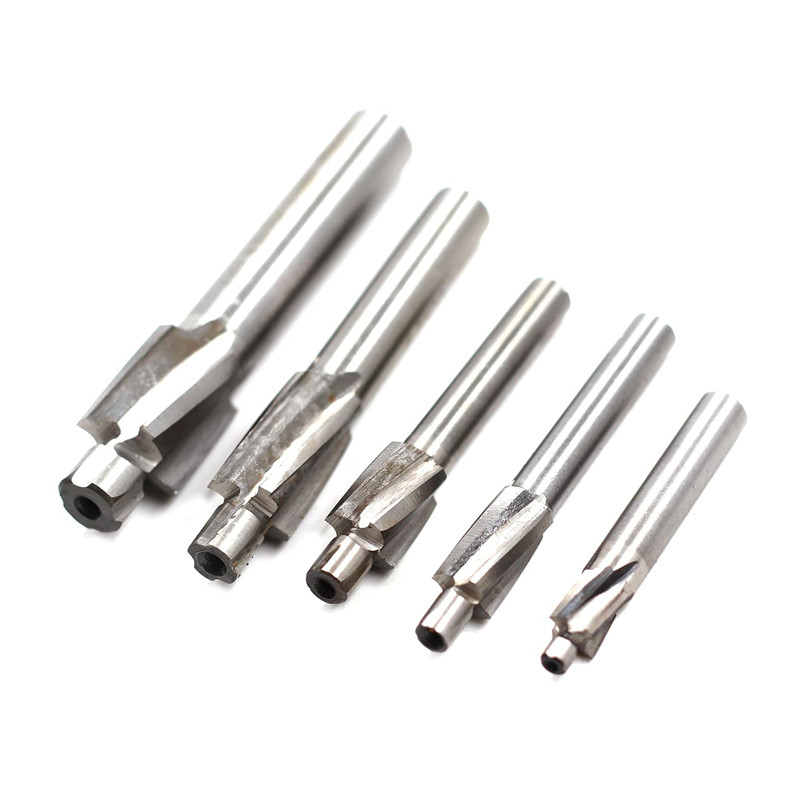expanding lathe arbor Manufacturers
An expanding lathe arbor is a crucial tool for machinists, providing a stable and accurate method for holding workpieces with internal diameters during turning operations. This guide provides an in-depth look at expanding lathe arbor manufacturers, factors to consider when choosing one, and the benefits of using these precision tools.
Understanding Expanding Lathe Arbors
Expanding lathe arbors, also known as expanding mandrels, are specialized tools used in lathes to securely hold workpieces with internal diameters. Unlike traditional lathe chucks that grip the outside of a part, an expanding arbor fits inside the workpiece and expands outward, providing a uniform and concentric grip. This makes them ideal for machining parts where maintaining precise concentricity is critical.
How Expanding Lathe Arbors Work
The basic principle involves inserting the arbor into the bore of the workpiece and then activating a mechanism that causes the arbor to expand. This expansion creates a tight, secure fit between the arbor and the workpiece, allowing for accurate machining.
Benefits of Using Expanding Lathe Arbors
- Improved Accuracy: Concentricity is greatly improved compared to traditional chucking methods.
- Reduced Vibration: Provides a more stable platform for machining, reducing vibration and chatter.
- Efficient Machining: Allows for faster material removal rates and improved surface finishes.
- Versatile Applications: Suitable for a wide range of workpiece sizes and materials.
Factors to Consider When Choosing an Expanding Lathe Arbor Manufacturer
Selecting the right expanding lathe arbor manufacturer is essential for ensuring the accuracy, reliability, and longevity of your machining operations. Here are some key factors to consider:
Material Quality
The material used in the construction of the expanding arbor directly impacts its durability and performance. Look for manufacturers that use high-quality tool steel or hardened alloys.
Precision and Accuracy
Accuracy is paramount when using expanding lathe arbors. Inquire about the manufacturer's precision standards and quality control processes. Ask for documentation or certifications that demonstrate the arbor's accuracy.
Size Range and Customization
Ensure that the manufacturer offers a range of arbor sizes to accommodate your specific needs. Some projects may require custom-designed expanding arbors. Verify if the manufacturer offers customization options and what their lead times and costs are for custom work. Wayleading Tools are a leading manufacturers that have ability for this.
Clamping Force and Stability
The clamping force of the expanding arbor is critical for securely holding the workpiece during machining. Insufficient clamping force can lead to slippage, inaccuracies, and potential damage to the workpiece or cutting tool. The stability of the arbor under load is also important. It should resist deflection and vibration to maintain accuracy.
Manufacturer Reputation and Experience
Consider the manufacturer's reputation and experience in the industry. Established manufacturers with a long track record are more likely to offer high-quality products and reliable support. Look for customer reviews, testimonials, and case studies to assess their reputation.
Technical Support and Service
Choose a manufacturer that provides excellent technical support and service. This includes providing detailed product information, assisting with installation and setup, and offering prompt responses to inquiries. Also, check their warranty policy and availability of spare parts.
Top Expanding Lathe Arbor Manufacturers (Example)
While it's difficult to definitively rank manufacturers without specific application details, here are some examples of well-regarded expanding lathe arbor manufacturers known for quality and reliability. Always conduct thorough research and request quotes from multiple suppliers before making a decision.
- Schunk: Known for high-precision clamping technology.
- Emuge-Franken: Offers a wide range of workholding solutions, including expanding arbors.
- Hardinge: A reputable manufacturer of precision machine tool accessories.
- R?hm: Another well-known manufacturer in the workholding industry.
- Wayleading Tools: Specializes in precision tools and offers customization options.
Expanding Lathe Arbor Types
There are various types of expanding lathe arbors, each designed for specific applications. Understanding these types will help you select the most appropriate arbor for your needs.
Mechanical Expanding Arbors
Mechanical expanding arbors use a mechanical mechanism, such as a screw or cam, to expand the arbor. They are typically more robust and can handle higher clamping forces compared to other types.
Hydraulic Expanding Arbors
Hydraulic expanding arbors use hydraulic pressure to expand the arbor. They offer precise and consistent clamping force and are often used in high-precision applications.
Pneumatic Expanding Arbors
Pneumatic expanding arbors use air pressure to expand the arbor. They are similar to hydraulic arbors but are typically used in lighter-duty applications.
Tapered Expanding Arbors
Tapered expanding arbors use a tapered design to expand the arbor as it is inserted into the workpiece. They are often used for holding parts with tapered bores.
Expanding Lathe Arbor Applications
Expanding lathe arbors are used in a wide range of industries and applications where precision and accuracy are critical.
Automotive Industry
Manufacturing of engine components, transmission parts, and other critical automotive components.
Aerospace Industry
Machining of aircraft engine parts, landing gear components, and other high-precision aerospace components.
Medical Device Manufacturing
Production of implants, surgical instruments, and other medical devices that require extremely tight tolerances.
General Machining
Any machining operation where maintaining concentricity and accuracy is essential.
Maintenance and Care of Expanding Lathe Arbors
Proper maintenance and care are essential for extending the life of your expanding lathe arbors and maintaining their accuracy. Here are some tips:
- Regular Cleaning: Clean the arbor regularly to remove chips, debris, and coolant.
- Lubrication: Lubricate the moving parts of the arbor to ensure smooth operation.
- Inspection: Inspect the arbor regularly for signs of wear, damage, or corrosion.
- Proper Storage: Store the arbor in a clean, dry place when not in use.
Conclusion
Choosing the right expanding lathe arbor manufacturer is a critical decision that can impact the accuracy, efficiency, and profitability of your machining operations. By carefully considering the factors outlined in this guide and researching reputable manufacturers, you can select an expanding arbor that meets your specific needs and delivers exceptional performance.
Disclaimer: The information provided in this article is for general informational purposes only and does not constitute professional advice. Always consult with a qualified machinist or workholding specialist for specific recommendations based on your application.
Related products
Related products
Best selling products
Best selling products-
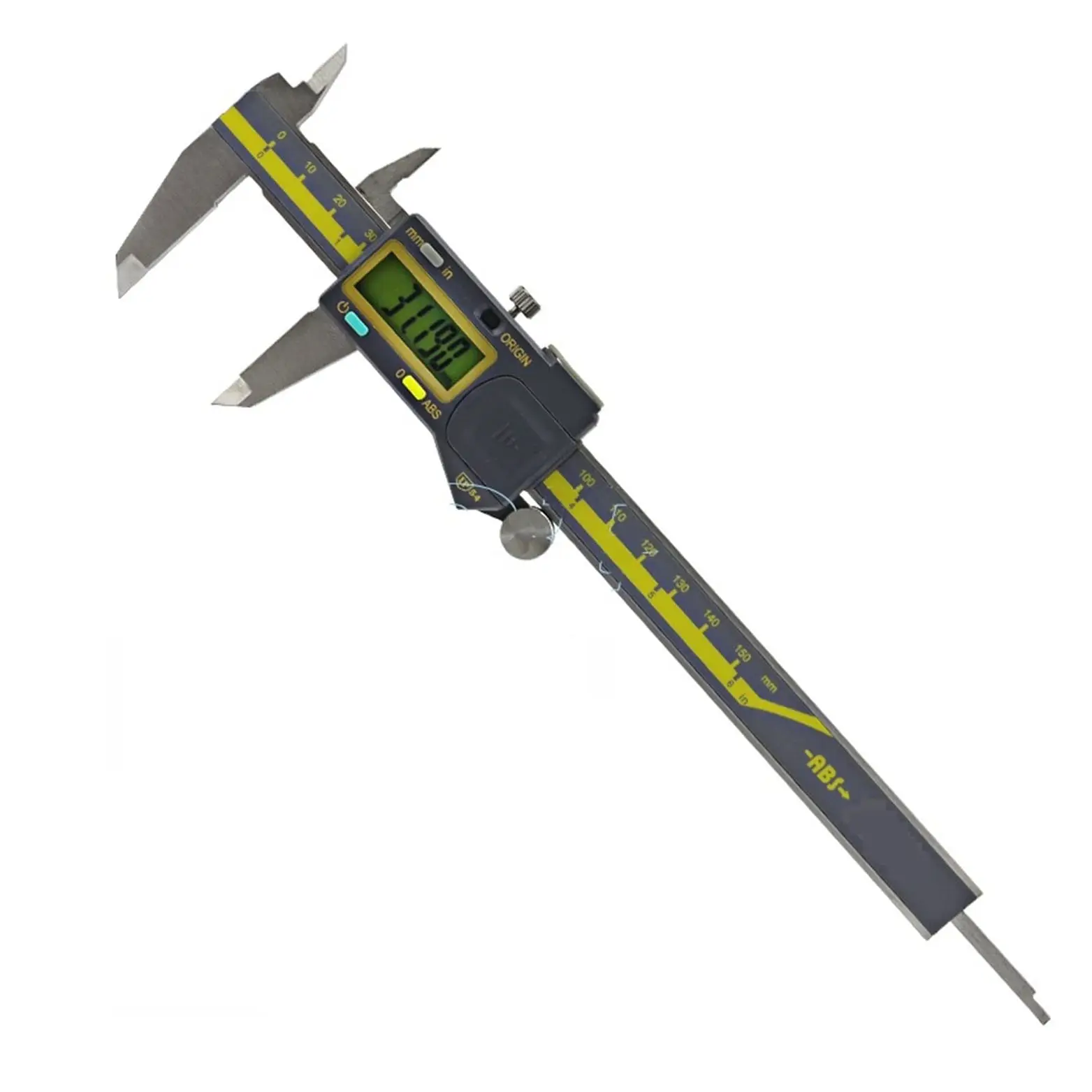 Precision IP54 Digital Caliper With Data Output For Industrial
Precision IP54 Digital Caliper With Data Output For Industrial -
 ISO Metric Hexagon Die With Right Hand
ISO Metric Hexagon Die With Right Hand -
 Precision Outside Micrometer Of Inch & Metric With Rachet Stop
Precision Outside Micrometer Of Inch & Metric With Rachet Stop -
 32 Blades Feeler Gauge From 0.04-0.88MM
32 Blades Feeler Gauge From 0.04-0.88MM -
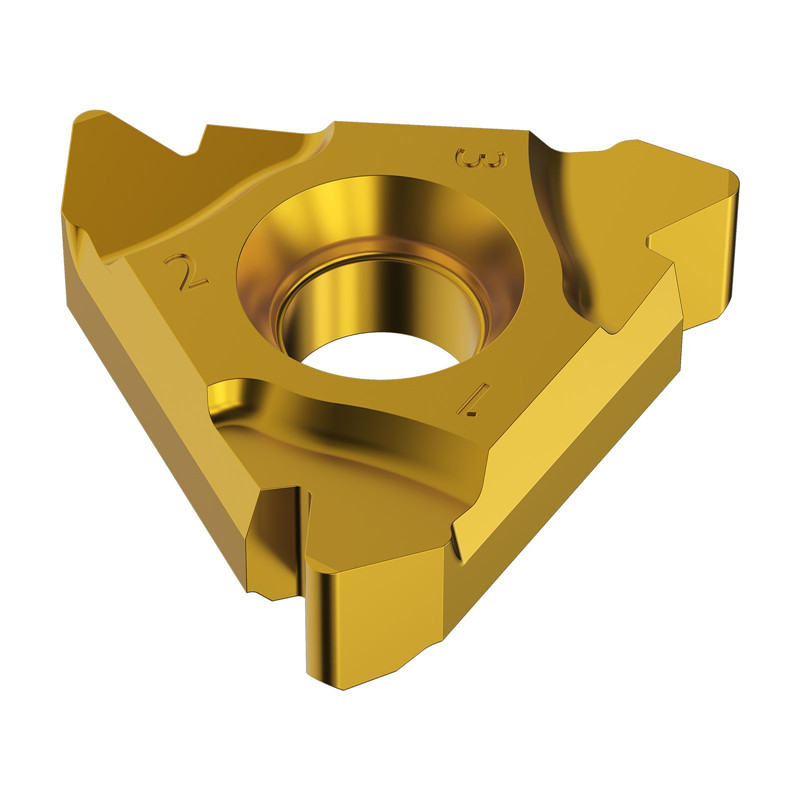 Partial profile 60° Threading Insert With ER & IR Type
Partial profile 60° Threading Insert With ER & IR Type -
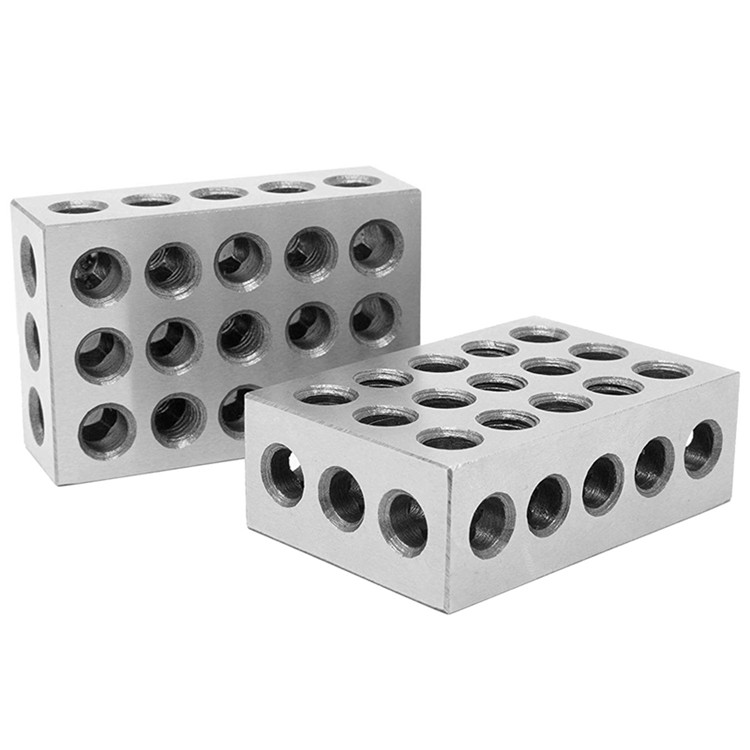 Precision 1-2-3, 2-3-4 or 2-4-6 Block With 1 And 11 And 23 Or None Hole
Precision 1-2-3, 2-3-4 or 2-4-6 Block With 1 And 11 And 23 Or None Hole -
 Precision 10pcs & 12pcs Angle Blocks Set With High Quality Type
Precision 10pcs & 12pcs Angle Blocks Set With High Quality Type -
 Indexable Spade Drill Holder With Helical Flute Holder And Taper Shank
Indexable Spade Drill Holder With Helical Flute Holder And Taper Shank -
 HSS 3PCS DIN352 Hand Tap Set With Taper And PLUG Or Bottoming Tap
HSS 3PCS DIN352 Hand Tap Set With Taper And PLUG Or Bottoming Tap -
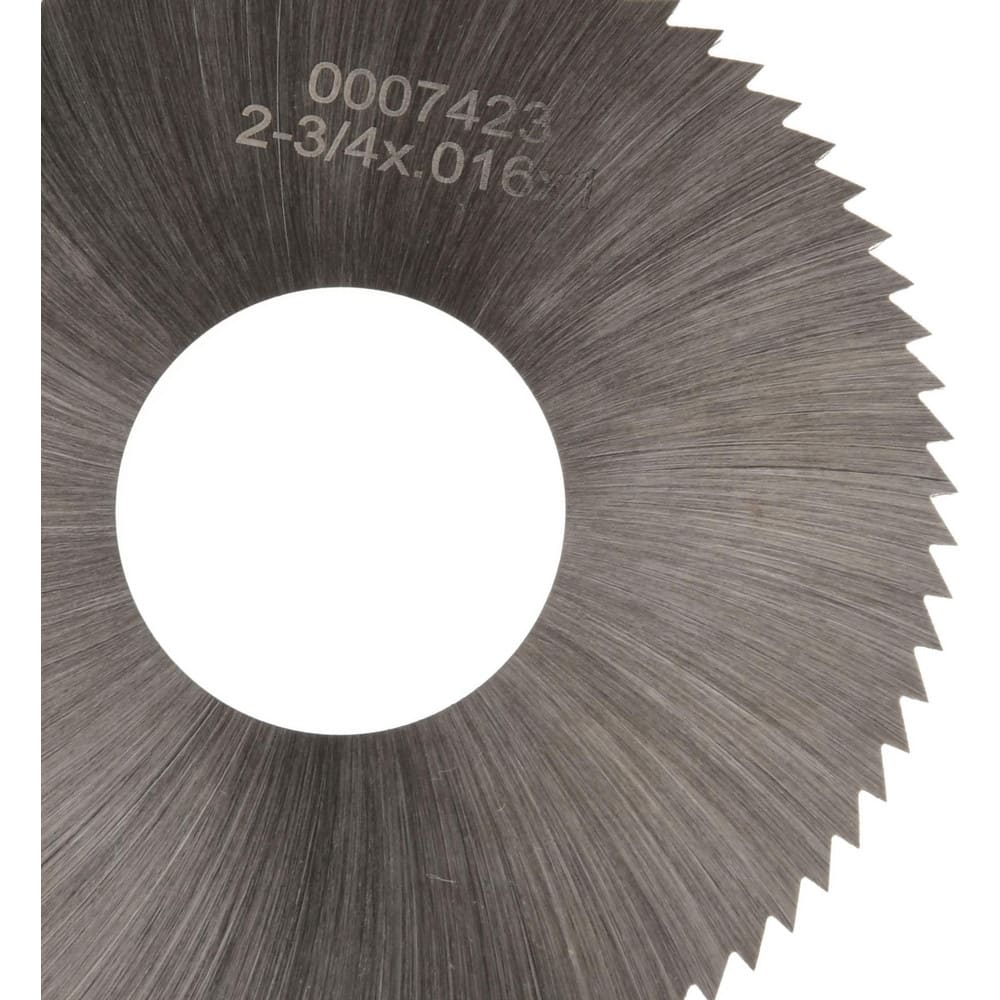 HSS Inch Plain Metal Slitting Saws For Industrial
HSS Inch Plain Metal Slitting Saws For Industrial -
 Boring Head Shank For Boring Head With Industrial Type
Boring Head Shank For Boring Head With Industrial Type -
 MT/R8 Shank Quick Change Tapping Chuck With MT & R8 Shank
MT/R8 Shank Quick Change Tapping Chuck With MT & R8 Shank






